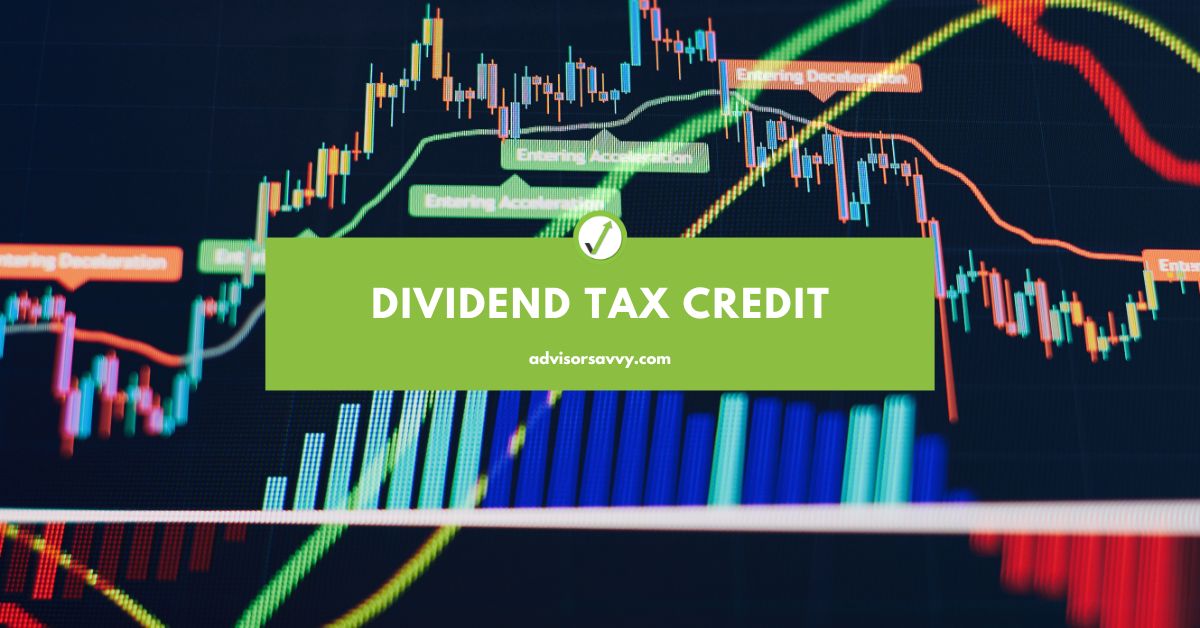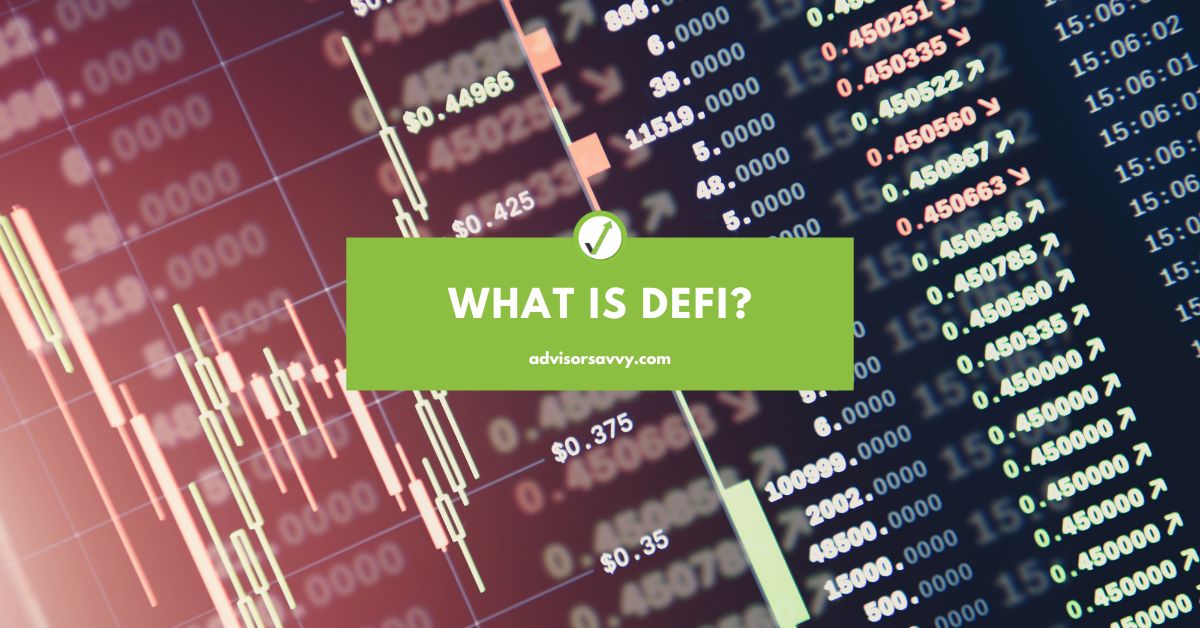Tax Planning Canada: Where do I start?
Tax planning in Canada is the personalized system you use to reduce the amount of taxes you are required to pay. In other words, it can help you maximize your yearly tax refund or reduce your annual tax liability. There are a few different methods used for tax planning in Canada. For beginners, it can be challenging to know where to start though. Plus, there are more complex tax planning strategies you can utilize when you have a better idea of your finances and taxes. More specifically, when you look at the law that governs the tax system in Canada. Your unique financial situation is best approached individually.Continue reading to understand where to start with tax planning and how to employ a personalized strategy this tax season! What is tax planning in Canada? Tax planning in Canada involves organizing your personal finances in a way that reduces the total tax you pay. This is not something that can be done
Continue reading

















